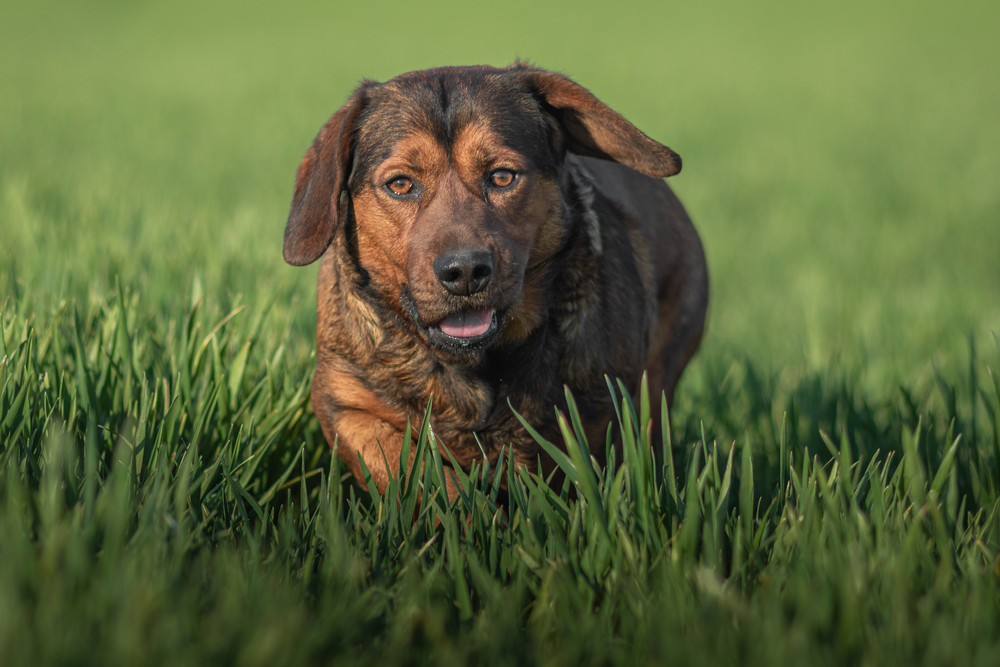Celebrating and Promoting Responsible Breeding Practices for Alpine Dachsbracke
In this article, we celebrate and promote responsible breeding practices for the Alpine Dachsbracke, a delightful breed known for its hunting abilities and affectionate nature. As passionate advocates of animal welfare, we firmly believe in upholding ethical standards in dog breeding to ensure the well-being of these wonderful creatures. Our goal is to provide valuable insights into responsible breeding practices that adhere to best industry standards, guidelines, and welfare protocols.
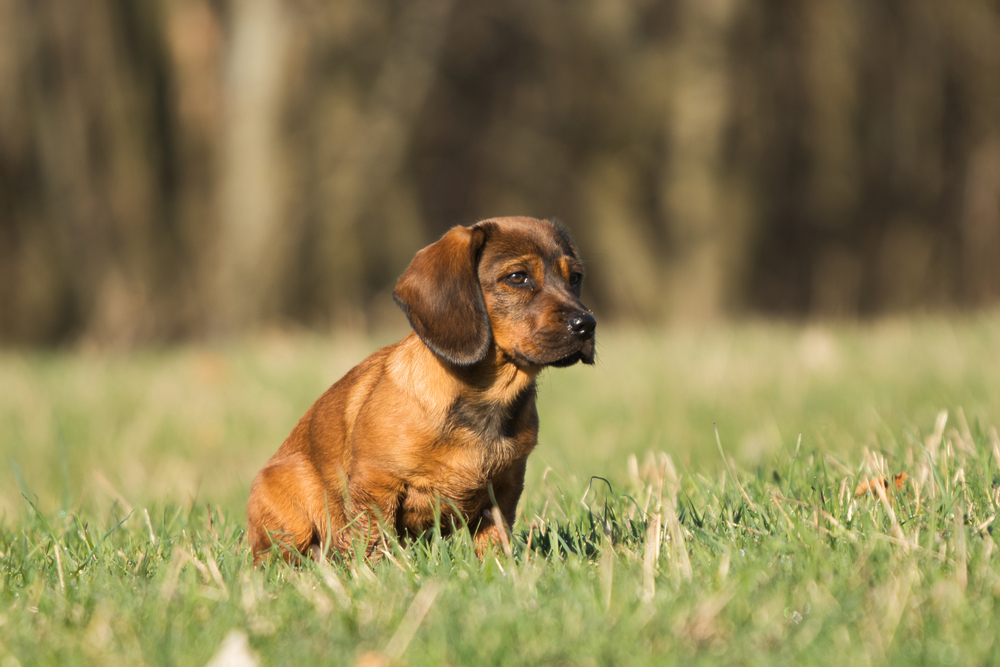
The Alpine Dachsbracke: A Fascinating Breed
Before diving into responsible breeding practices, let’s take a moment to appreciate the remarkable qualities of the Alpine Dachsbracke. This small-sized hound hails from Austria and was initially bred to track wounded game in the Alpine mountains. The breed boasts a keen sense of smell, incredible stamina, and a friendly temperament that makes it an ideal companion for families and hunters alike.
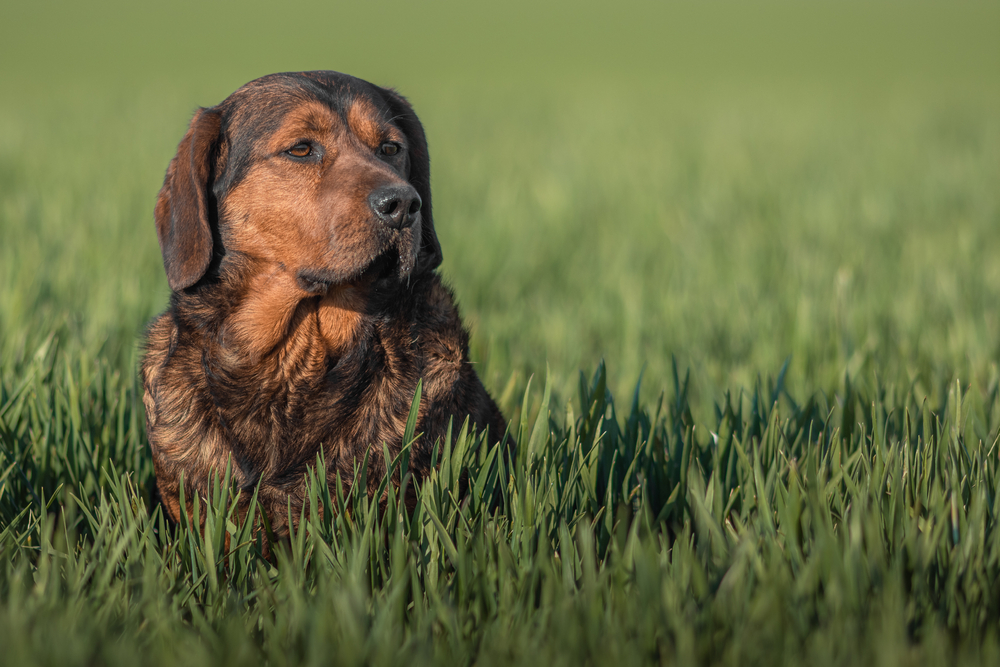
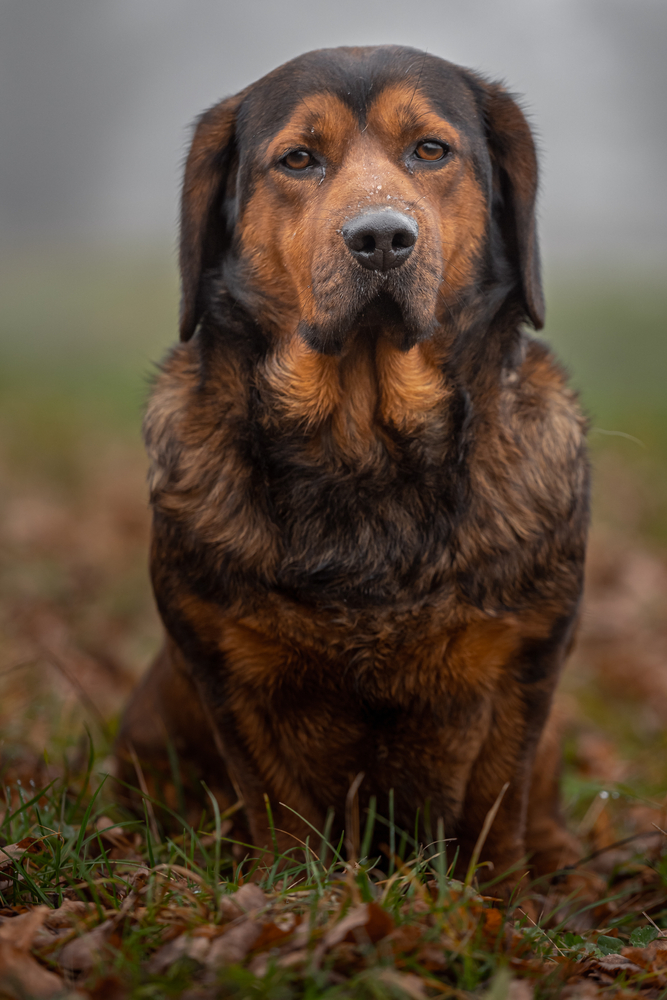
Understanding Responsible Breeding
Responsible breeding is more than just pairing two dogs together to produce puppies. It is a meticulous and thoughtful process that prioritizes the health, temperament, and overall well-being of the breed. Here are some key aspects of responsible breeding for Alpine Dachsbracke dogs:
1. Health Screening and Genetic Testing
One of the fundamental pillars of responsible breeding is conducting thorough health screenings and genetic testing on potential breeding pairs. This process helps identify hereditary health issues, reducing the risk of passing on genetic diseases to the offspring. Only dogs with a clean bill of health and no genetic anomalies should be considered for breeding.
2. Ethical and Experienced Breeders
Responsible breeding can only be achieved through the dedication and expertise of ethical breeders. Reputable breeders prioritize the welfare of their dogs over profit and work tirelessly to improve the breed’s overall health and conformation. They provide a nurturing environment for their dogs and carefully select suitable mates to ensure the best possible outcomes.
3. Proper Nutrition and Healthcare
During pregnancy and while raising the puppies, proper nutrition and healthcare are vital for the health of the mother and her offspring. Responsible breeders ensure that pregnant dogs receive adequate nutrition and medical care to ensure a smooth and healthy pregnancy. Puppies are raised in a clean and safe environment with regular vet check-ups.
4. Socialization and Early Training
Responsible breeders recognize the importance of early socialization and training for the puppies. Early exposure to various stimuli and positive experiences help puppies develop into well-adjusted, confident, and sociable dogs.
The Consequences of Irresponsible Breeding
While responsible breeding contributes to the betterment of the breed, irresponsible breeding practices can have severe consequences. Irresponsible breeders prioritize profit over the welfare of their dogs, leading to numerous issues:
1. Health Problems
Irresponsible breeders may ignore health screenings and genetic testing, resulting in puppies with inherited health problems. These issues can be costly and heartbreaking for both the dog owners and the dogs themselves.
2. Behavioral Issues
Puppies that are not adequately socialized and trained during their early developmental stages may develop behavioral problems, leading to potential challenges for their owners.
3. Overpopulation and Strain on Shelters
Irresponsible breeding contributes to dog overpopulation, leading to a strain on animal shelters and rescue organizations. Many dogs end up abandoned or surrendered due to the consequences of irresponsible breeding.
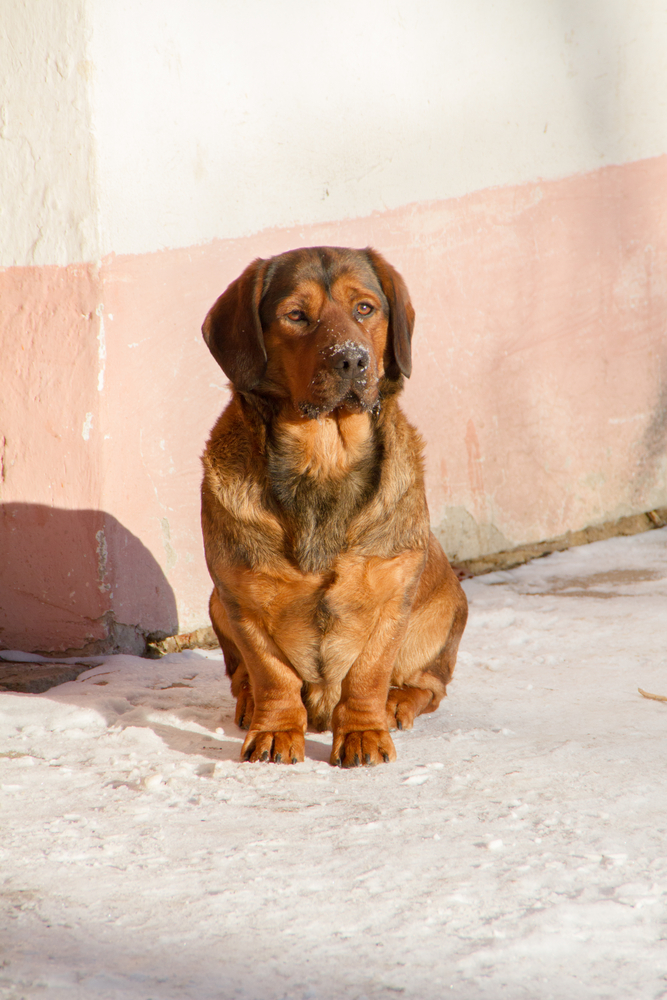
Choosing a Responsible Breeder
When looking to bring an Alpine Dachsbracke into your family, it’s essential to choose a responsible breeder. Here are some tips to help you identify an ethical and reputable breeder:
1. Research and Referrals
Do thorough research on different breeders and seek referrals from other dog owners or breed enthusiasts. Reputable breeders often have positive reviews and testimonials from satisfied customers.
2. Visit the Breeding Facility
Arrange a visit to the breeder’s facility to meet the dogs and observe their living conditions. A responsible breeder will gladly welcome visitors and show transparency in their breeding practices.
3. Ask Questions
Don’t hesitate to ask the breeder questions about their breeding practices, health testing, and socialization methods. A responsible breeder will be happy to share this information with you.
Celebrating and Promoting Responsible Breeding Practices for Alpine Dachsbracke
Celebrating and promoting responsible breeding practices for the Alpine Dachsbracke is essential for the continued well-being of this wonderful breed. By adhering to ethical standards, prioritizing health screenings, and providing a nurturing environment, responsible breeders play a crucial role in preserving the breed’s integrity and improving its future.
